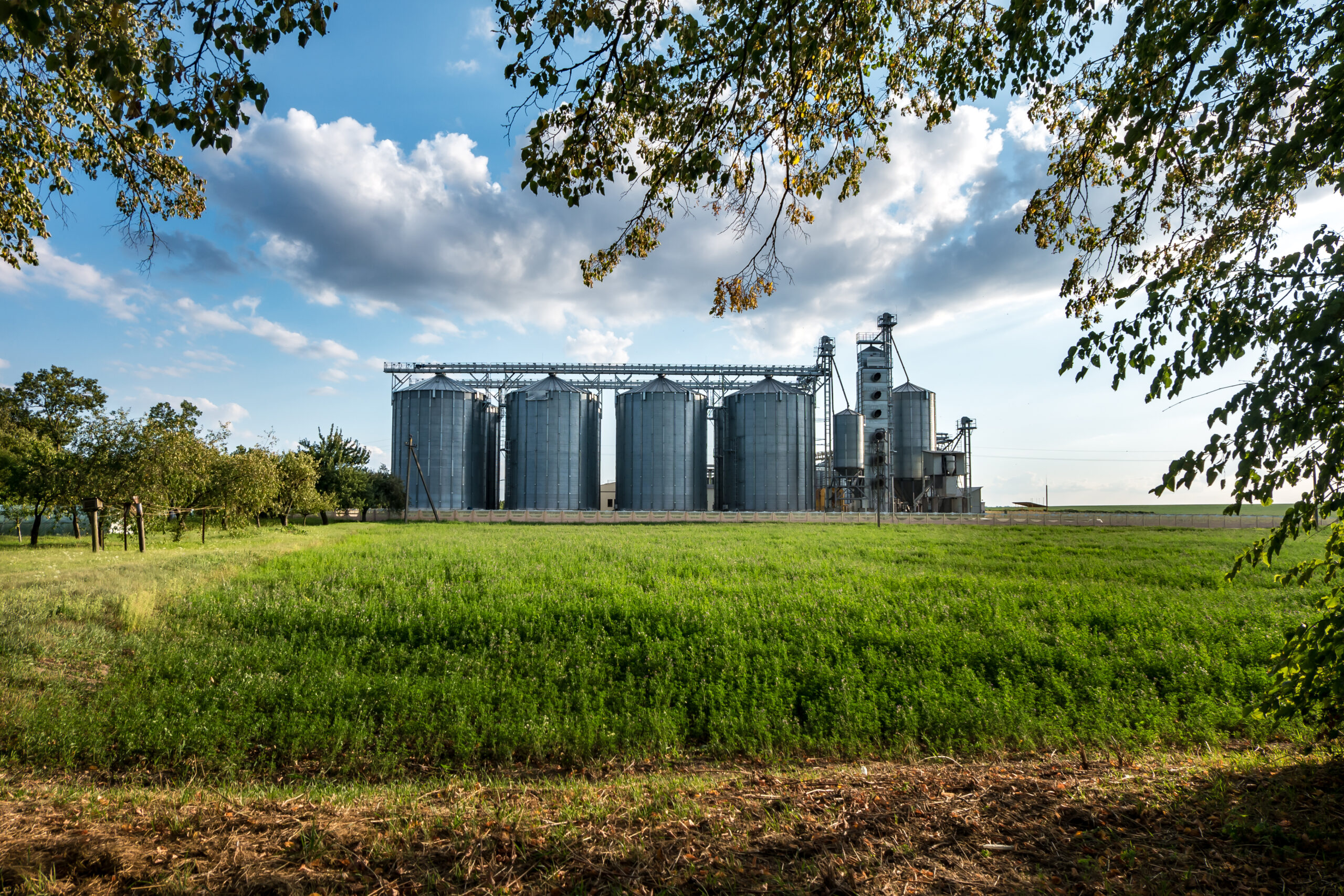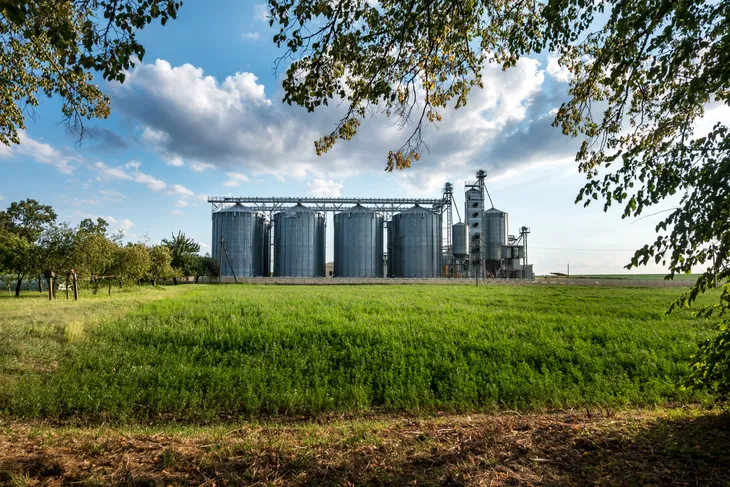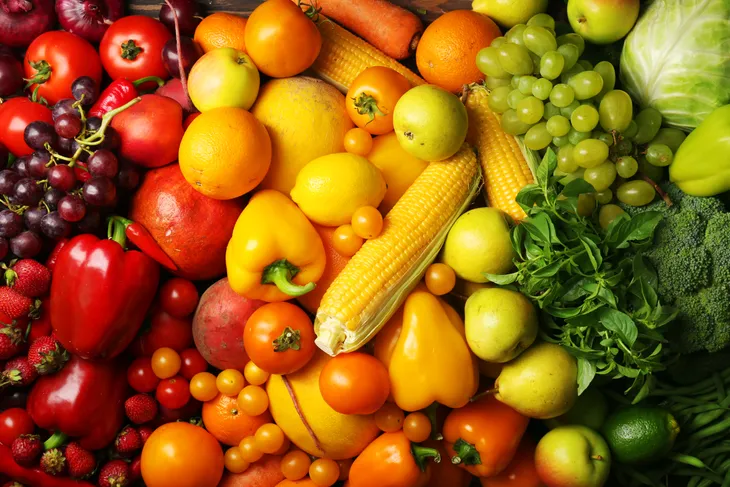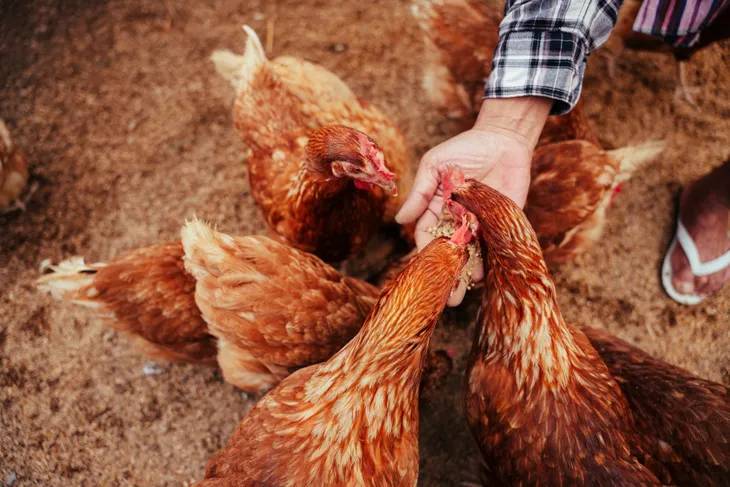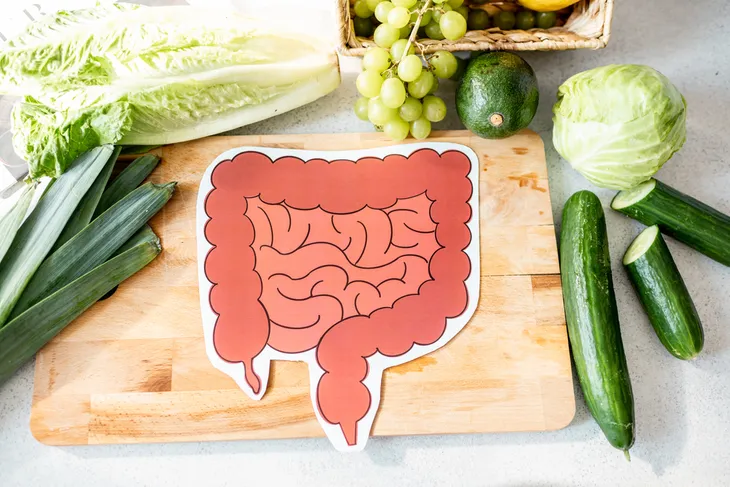- Many factory foods are chock-full of chemicals that can potentially cause serious health issues.
- While factory food is usually associated with ultra-processed packaged foods, food from industrial farms has health drawbacks.
- A diet based on whole foods from local and organic farms has significant benefits for your health and the environment.
- A plant-based diet can reduce the risk of chronic disease by 80-percent.
Most people are in agreement regarding food that comes pre-packaged from a factory as opposed to real food that comes from a farm. Few would argue that food from a farm is less healthy than factory fare. And yet, many still get half of their calories from packaged food. There are many reasons why but it may be mostly due to convenience, cost, and a lack of cooking skills.
If you’re curious about the differences between these two types of food, read on to learn more.
Food That’s Not Food
One of the biggest differences between factory products and food that’s grown on a farm is that the former often include ingredients that are difficult to classify as edible.
Take titanium dioxide, butylated hydroxyanisole, azodicarbonamide, and potassium bromate, for example. These compounds, which don’t occur in nature, are extremely common in baked goods, candy, soups, sauces, and sandwiches. They’re used as preservatives and as color or texture enhancers.
The problem is that these nonfood ingredients are banned in large parts of the world for potentially causing birth defects, reproductive harm, DNA damage, and cancer.
Food That’s No Longer Food
On the other end of the spectrum, food byproducts are so heavily processed that they’re scarcely recognizable as food. Modified starches, hydrolyzed proteins, hydrogenated oils, and the infamous high fructose corn syrup occupy this category.
Like the previous group, these factory favorites don’t occur naturally. Even though they’re derived from food, they’re nearly impossible to produce outside a laboratory. You can still find them in large quantities in various plastic-wrapped foods though.
While these ingredients may not cause cancer, they’re notorious for their potentially adverse effects on health, with strong links to nonalcoholic fatty liver disease, type 2 diabetes, heart disease, and stroke.
Factories on the Farm
You might assume that, if the food comes from a farm, it’s good for you. Unfortunately, this isn’t necessarily the case. More and more research is showing that food produced by industrial farms has significant health impacts.
Fruits and vegetables from factory farms often contain residue from potent pesticides and harmful bacteria. To maintain production while growing crops in overused soil, farmers sometimes use synthetic fertilizers, which can lead to excess heavy metals in crops.
Those same heavy metals often end up in farm animal diets along with added hormones to increase growth rate and output. Animals receive antibiotics selected for antibiotic-resistant bacteria in humans, which could – though in rare instances – result in human infection through consumption.
Going Local and Organic
These days, a bevy of research demonstrates the negative impact that industrial agriculture has on your eating habits and, consequently, your health. On the other hand, there’s no shortage of studies that indicate that the more natural your diet, the healthier you are. Food grown and harvested on local and organic farms contains fewer pesticides, bacteria, synthetic fertilizers, and heavy metals.
The livestock on small farms is often free-range. Since the animals aren’t cramped into small quarters, excess antibiotics are seldom necessary to prevent illnesses. Consequently, the significant decrease in stress results in better-quality meat.
More of the Good Stuff
Whole foods sourced from local and organic farms offer more nutritional benefits. In fact, some studies show that food from sustainable farms is richer in vitamins and nutrients and contains fewer calories and less fat.
For example, eggs produced by pasture-raised poultry have 40-percent more vitamin A and 400-percent more Omega-3 fatty acids. Cows raised on pastures produce milk with higher quantities of nutrients, likewise offering higher levels of omega-3s while reducing levels of omega-6 fatty acids.
The same goes for fruits and vegetables. Without substantial soil depletion, locally sourced crops have significantly more nutrients than their industrial counterparts.
A Healthier Environment
A vegetable without pesticides, a chicken raised without hormones, and a squash grown in soil that’s naturally rich in nutrients are some examples of traditional and healthy foods. Food produced without excessive human interference and with respect for nature’s timetable means healthier food all around.
Just as important is the health of the environment, which has a direct impact on your personal health. By choosing to source healthy, whole foods from local farmers, you reduce your individual carbon footprint considerably.
For maximum impact, a commitment to an organic food diet reduces greenhouse gasses, improves carbon sequestration in soil, and increases crop resilience, though organic food isn’t accessible to everyone.
Reduced Risk and Reversal of Disease
It’s not surprising that cutting or significantly reducing processed factory food in your diet leads to health benefits. What might surprise you is just how significant those benefits are. One study indicates that 80-percent of chronic diseases are preventable by switching to a whole-foods, plant-based diet.
The diet, which entails eating high-fiber, low-fat foods and minimal consumption of animal-based products, leads to lower hemoglobin, lower cholesterol, and lower resistance to the hormone that regulates glucose in the body along with a decreased risk of cardiovascular events.
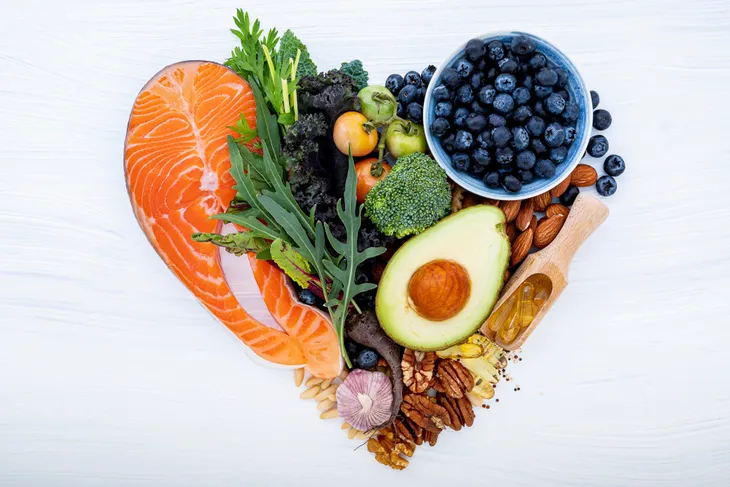 Shutterstock/Kerdkanno
Shutterstock/KerdkannoLower Blood Triglycerides
Triglycerides are a type of fat found in your blood, which your body makes from the food you consume. While a certain level of triglycerides is normal and healthy, when your blood triglycerides rise, so do your chances of heart attack and stroke.
The leading cause of high blood triglyceride levels is the consumption of refined carbohydrates, sugar, and saturated fats. Incidentally, these are the main ingredients that make heavily processed foods so appealing to your taste buds.
In addition to cutting back on processed foods, eating food rich in healthy fats, such as lean fish and nuts, can help lower triglycerides in your blood.
A Better Second Brain
Research is beginning to show that the health of your gut is far more important to your overall health than previously thought. Home to the enteric nervous system, this proverbial “second brain” uses the same chemicals and cells as your actual brain. It also contains more than 70-percent of your immune system.
One of the biggest contributors to gut dysbiosis is refined sugars. In addition to lowered immunity, poor gut health can have adverse effects on mood, behavior, and cognition. Incidentally, the best thing you can do to improve digestive health is to consume healthy, whole foods — especially natural probiotics and prebiotics, such as avocados, bananas, artichokes, and yogurt.
Whole Foods, Happy Teeth
The benefits of a whole-food diet also extend to your teeth. Omitting carbonated beverages, refined carbs and candy means decreased tooth decay caused by the combination of acids and sugars.
If you want to actively fight tooth decay, allicin, which is found in garlic, has powerful antimicrobial properties and may even help prevent periodontal disease. It’s maybe not the best food for fresh breath, however.
If you want to go a step further to improve your dental health, green tea and sweet potatoes help strengthen and protect enamel and safeguard your mouth’s soft gum tissues and mucous membranes.
Reduced Overeating
Studies show that individuals who transition to a whole-food diet experience fewer cravings and are less likely to overeat. This is due in part to the added fiber from all the extra fruits and vegetables, though the lack of refined carbs and sugars also plays a significant role.
A moderate dose of sugar has a drug-like effect on the body, delivering a jolt of dopamine followed by a subsequent crash. Whole foods, on the other hand, keep blood sugar levels stable and the sensitivity to the hormone that regulates glucose in the blood low. In turn, this can give you a higher baseline of energy.
No Dieting Mentality
Achieving good nutrition is an up-and-down, back-and-forth balancing act. It’s about eating nutritious food that nourishes your body and satisfies your hunger most of the time, and not sweating the rest.
If you or your doctor is concerned about weight loss, switching to real, whole foods for the majority of your calories can allow it to happen naturally. In this sense, the biggest difference between farm and factory foods is that choosing to focus on the former can help you achieve a healthy, sustainable relationship with food, free of dieting.
